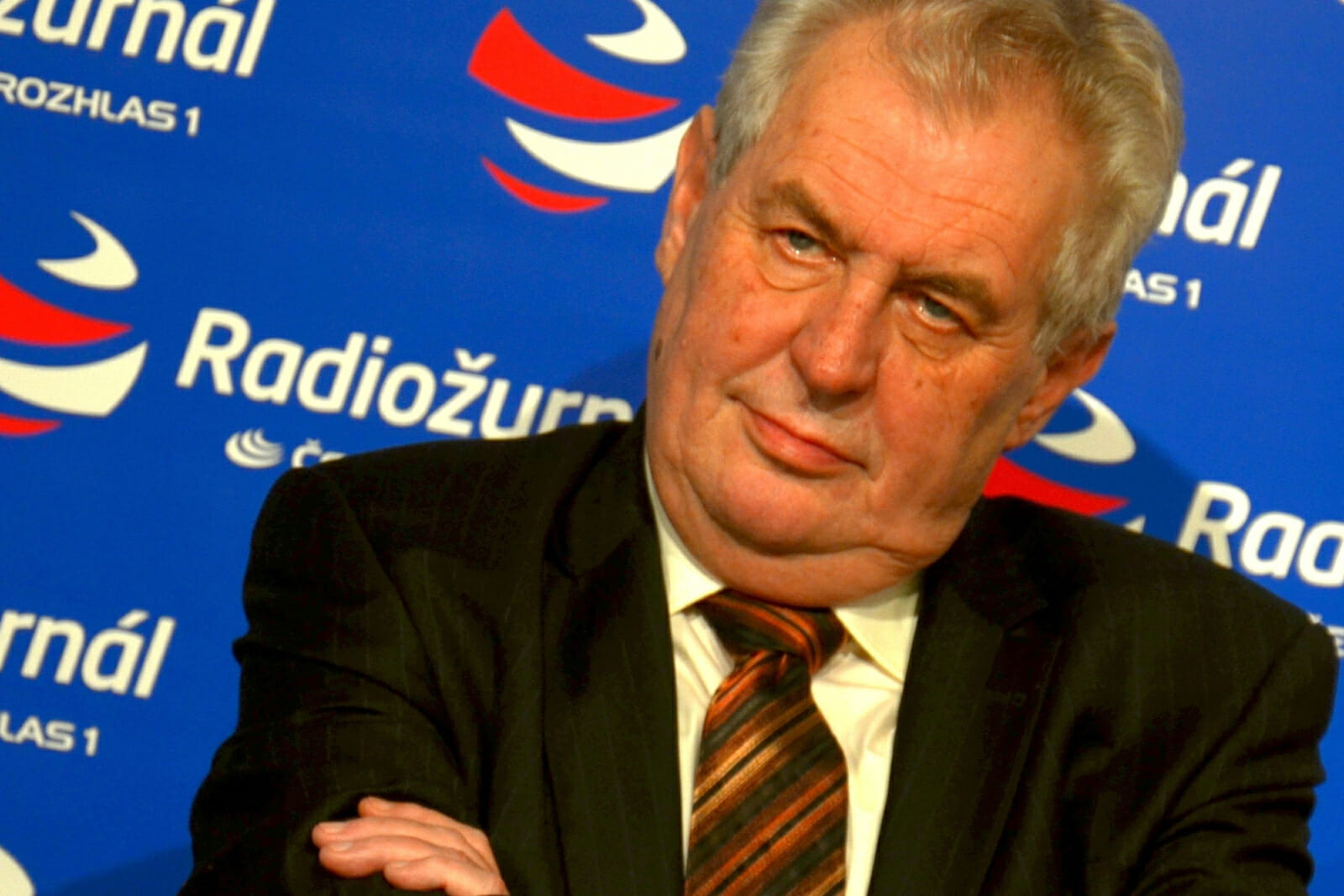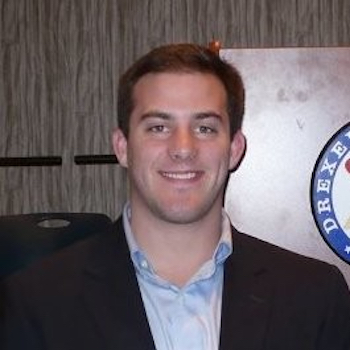
Russian Disinformation is a Czech Problem Too
Do you remember the 25,000-person anti-EU protest in Prague in April? What about the 100,000 people who protested the proposed removal of Prague’s statue of Soviet Marshall Konev in 2017? You shouldn’t. Attendance was 600 and 100, respectively. A trivial matter like factual reporting did not stop pro-Kremlin media outlets from publishing false stories with grossly inflated numbers.
The Czech Republic has a disinformation problem. A quarter of Czechs trust pro-Kremlin media sources more than they trust traditional media. Some forty-eight websites pushing pro-Kremlin disinformation are visited five thousand or more times each month.
Despite the Kremlin’s blatant meddling in Czech affairs, there is little political will to address it. The Czech government needs to respond. It must create an overarching strategic framework to unite different sectors of government, the private sector, and guide efforts to study tactics, implement best practice solutions, and direct appropriations to combat disinformation.
In 2017, the Czech government created the Center Against Terrorism and Hybrid Threats (CTHH) to identify threats and foreign disinformation campaigns. Yet, this center is understaffed and underfunded. Even worse, the spokesman for Czech President Miloš Zeman created a Twitter account to publicly attack the CTHH’s validity. Important NGOs like the Prague Security Studies Institute and the European Values Center for Security Policy have stepped in to fill the void left by the government. Despite the excellent work they do, they are not enough. Only the government can combat disinformation.
NGOs are easily undermined. It is a simple matter to establish a new think tank, hire staff, and begin publishing reports that counter the findings by the Prague Security Studies Institute and the European Values Center. Then, disinformation media will publicize these counter findings to further push the Kremlin’s agenda.
NGOs work with limited access. They must rely on information in the public domain or what they can gather from open sources. The government, by design, has access to far greater information, especially intelligence reports and other classified documents.
NGOs can only recommend, not legislate policy. Combating disinformation will require actual changes to policy and law. The Chamber of Deputies and the Senate need to create new laws to protect Czech citizens from the influence of foreign governments. But they cannot act without a better understanding of the problem – which will only come from the executive branch’s guidance and support.
Combating disinformation does not mean trampling over freedom of speech – a right Czechs cherish. Disinformation is not a benign conspiracy theory told by a friend or neighbor. It is a malicious attempt by a foreign government to effect change inside the Czech Republic for its own benefit. It is designed to turn Czechs against each other, against the Czech government, and to skew elections.
Only the Czech government can take the necessary steps to identify and curb disinformation. It needs to act now. It needs to provide the Center Against Terrorism and Hybrid Threats with more staff and more funding. It needs to create an overarching strategic framework to guide the Chamber of Deputies and the Senate as they create new laws to combat disinformation.
In 1989, hundreds of thousands of Czechs successfully protested and forced the dismantling of the communist-controlled government. With the fall of the communist government, so did the Kremlin’s control over the Czechs. Thirty years later, Russia is once again trying to exert control over the Czech people in a less direct but no less insidious way. Jan Palach and those who fell during the Velvet Revolution died for a free and independent Czech Republic. Since 1989 it has been. Today, the Czech government must act to ensure it remains so.

